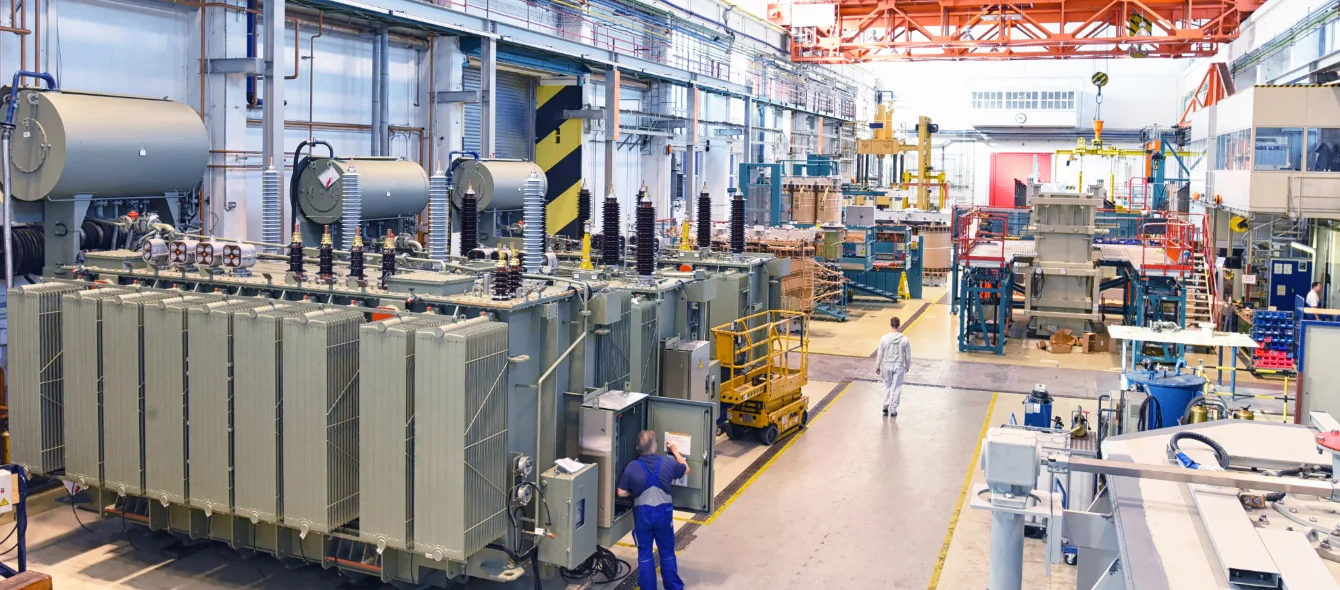The forecast hydrogen boom could have a positive impact on other branches of industry. An analysis by strategy consulting firm Oliver Wyman has identified massive potential for growth in mechanical and plant engineering. Should this materialise, businesses specialising in hydrogen technology could benefit from 350 billion euros in equipment investments by 2030 in Europe alone. The experts also predict that up to a million new jobs will be created in the hydrogen economy by then, with Germany accounting for a substantial share. Based on the study, companies would be well advised to specialise and forge strategic partnerships early on.
Special equipment is needed in almost every area to create the hydrogen economy. Countless components must be made available at short notice to generate renewable energy to produce green hydrogen, to produce and store fuel, and to build associated infrastructure. A large share can be supplied by classical mechanical and plant engineering outfits – provided that the companies adopt structures ensuring that they cover a large part of the supply value chain.
Strong demand for specialised personnel
To meet the enormous demand, hundreds of thousands of skilled workers will be needed in development, production and installation as well as in aftermarket services, for example plant maintenance. People with the right qualifications in process engineering and electrochemistry in particular have bright prospects. Conversely, the study finds that companies will face the huge challenge of recruiting highly qualified skilled labour as many positions require extensive knowledge of new technologies. Those who have primarily built and equipped conventional power generation assets so far should quickly initiate a transformation process and expand their skillsets, the authors of the analysis recommend.
State start-up financing levels the market entry playing field
This also involves teaming up with other companies since lucrative large-scale projects will call for interdisciplinary expertise. On the flip side, these kinds of projects hold the promise of planning certainty and are often subsidised by the state, for example within the scope of hydrogen strategies which many countries have already launched or are planning. According to the study, such investments will strengthen the hydrogen economy especially in the beginning. Later on, the cost of the technology will decline incessantly, while demand increases commensurately. The authors predict that hydrogen production costs will have more than halved by 2030 thanks to innovations as well as lessons learned and economies of scale. They further believe that this dynamic will intensify as industrialisation progresses, and that demand will double every five to ten years.
Companies that have already placed their chips on business with this source of energy may have the possibility to expand outside of Europe as well. A total of 33 countries, including the USA, China, India, Brazil and Australia, have already adopted a hydrogen strategy or are planning to do so. Germany set aside nine billion euros as early as in mid-2020 to ramp up the market. This is why the authors see substantial potential for the industry to achieve the government’s goal and become the technology’s world market leader.
